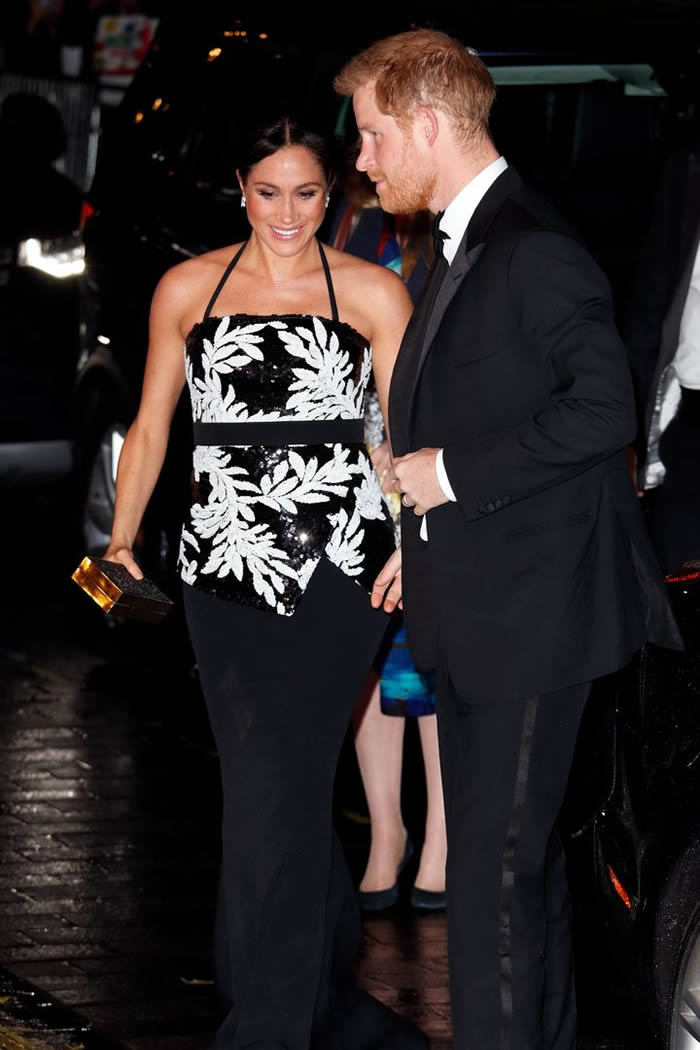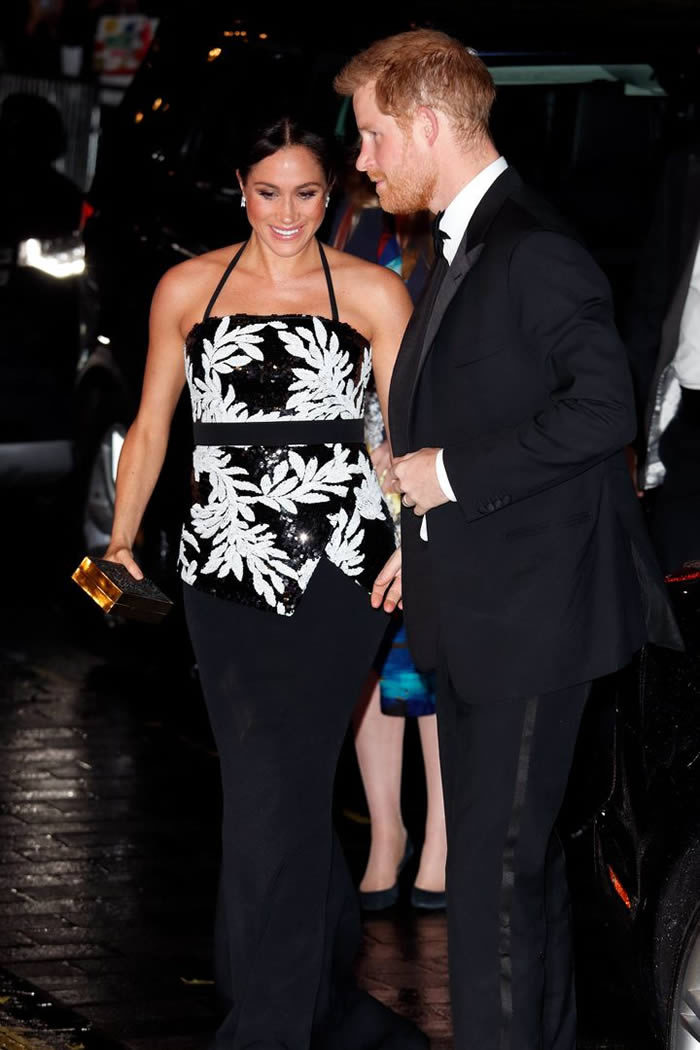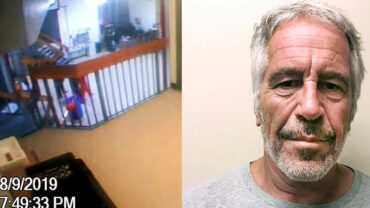Meghan, the Duchess of Sussex, has lost the first round of her legal battle against a British tabloid newspaper over the publication of extracts of a handwritten “private and confidential” letter she wrote to her father.
In a ruling published Friday, the judge, Mr Justice Warby struck out parts of the royal’s claim against Associated Newspapers, the publisher of The Mail on Sunday and MailOnline.
Meghan is suing over five articles, two in the Mail on Sunday and three on MailOnline, which were published in February 2019. They included parts of a letter she wrote to her estranged father Thomas Markle, 75, in August 2018, shortly after her wedding to Britain’s Prince Harry.

The headline on the main article read: “Revealed: The letter showing true tragedy of Meghan’s rift with a father she says has ‘broken her heart into a million pieces”‘.
The duchess is seeking damages for alleged misuse of private information, copyright infringement and breach of the Data Protection Act. Associated Newspapers denies the allegations, particularly the claim that the letter was edited in any way that changed its meaning.
A preliminary hearing, in which lawyers for the publisher asked for parts of the duchess’s case to be struck out, was held last week, while the judge sat at the Royal Courts of Justice in London, lawyers and reporters attending remotely.
A spokesperson for the Sussexes later confirmed to NBC News that both Meghan and Harry had woken up at 4 a.m. in Los Angeles, where they are now based with their young son Archie, to listen into the hearing.
Meghan’s arguments were set out by her legal counsel David Sherborne, a prominent lawyer specializing in privacy, confidentiality and defamation cases.
Her claim against the publisher, included allegations that it acted “dishonestly” by leaving out certain passages of the “private and confidential” letter — a claim that was struck out by the judge in his ruling.
Warby also struck out allegations that the publisher deliberately “stirred up” issues between Meghan and her father, and that it had an “agenda” of publishing intrusive or offensive stories about her.
He said those allegations should not form part of her case at this stage, because they were “irrelevant” to her claim for misuse of private information, copyright infringement and breach of Britain’s Data Protection Act.
But he did rule that those parts of her case may be revived at a later stage, if they are put on a proper legal basis.








